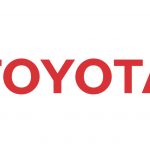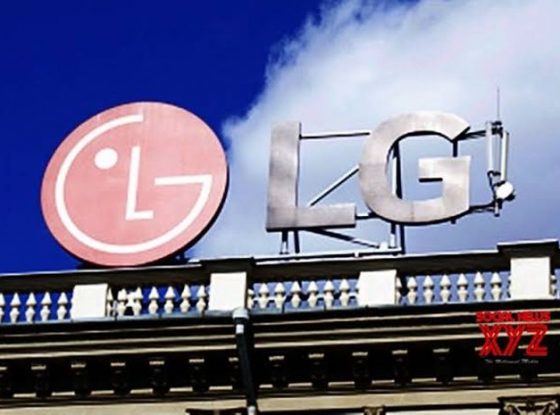Philippine Logistic Sector to Ramp Up QR Code-Powered System

The government is preparing to launch the latest QR code-powered Unified Logistics Pass (ULP) system to expedite the issuance and validation of certificates of public convenience (CPCs) for logistics firms and their vehicles. The Department of Science and Technology (DOST) announced that it is once again collaborating with a Philippines IT service group of developers led by a technopreneur to enhance the ULP system.
With the current effort to improve the ULP with the installation of a unified quick response code or QR code feature that can be easily scanned by checkpoint inspectors, DOST Secretary said they are confident in repeating the successful collaboration between the department and IT service group provider for the Rapid Pass last year.
During last year’s lockdowns, the RapidPass system, which was developed by an IT service organisation and the DOST, expedited the transit of Authorised Persons Outside of Residence (APOR) and their vehicles past police checkpoints by employing QR code technology.
The agencies have also expanded RapidPass coverage to the entire NCR by supplying an additional 340 mobile phones, which are used to equip each of the 180 checkpoints with three devices, allowing an estimated one million people in Metro Manila to leave their homes for work or other essential purposes.
The ULP is a tool for accelerating the CPC issuing and validation process. After obtaining a CPC from the Land Transportation Franchising and Regulatory Board, logistics enterprises can apply for the ULP (LTFRB).
Once approved, logistics companies would be granted a QR code that can be scanned by various government agencies, such as ports and economic zones, removing the need for Philippine Economic Zone Authority stickers and LGU passes, among other things. The ULP System is intended to replace the pass-through stickers that ecozones, ports, and local government units demand with a QR code that is linked to and traceable to the LTFRB’s CPCs.
The project aims to create a common platform for truck verification using QR codes, to streamline and harmonise the process of obtaining trucking permits among logistics governing and regulatory bodies, and to create a central repository of registered truck-for-hire units. The system’s development is expected to be completed and launched by December 2021.
Engineer of the regional director of the DOST-National Capital Region (NCR) which is spearheading the collaboration said, “for this project, DOST-NCR allocated P2.33 million and will be donating the mobile phones and power banks initially donated to it for the RapidPass project.”
In addition, the Anti-Red Tape Authority (ARTA) also supports the project to facilitate its adoption by relevant government agencies. Finally, the ULP is expected to greatly benefit both the private sector and concerned government officials, as it is poised to streamline requirements for a unified QR Code system, allowing for easier movement and easing port-entry restrictions.
Another sector that will be implementing QR codes to accelerate its operations will be the finance sector. OpenGov Asia in an article reported that the governor of the Bangko Sentral ng Pilipinas (BSP) is optimistic that a payment system based on the quick response (QR) code will help the central bank’s efforts to increase electronic payment transactions in the country despite the country’s poor internet connectivity. He stated during the virtual launch of the QR PH P2M programme that the QR PH for person-to-merchant (P2M) transactions uses QR codes.
“To receive payments merchants only need to print QR codes, which the respective payments service provider will generate for them, display those codes, and obtain payments by simply asking their customers to scan the code without necessarily getting connected to the internet. Confirmation of successful payments transactions may also be received by both the merchants and the customers,” the governor said during the briefing streamed through the central bank’s social media page.
Source : opengovasia.com



